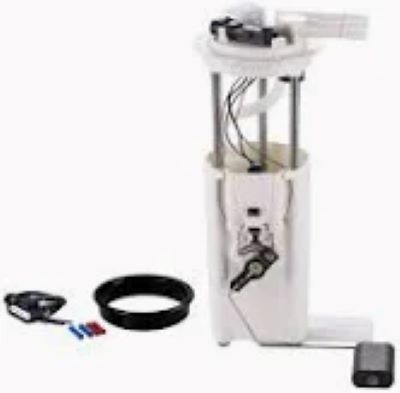If fuel pump pressure is set too high, a number of issues related to performance and safety may result. For a conventional fuel pump, the pressure should range from 40 to 60 psi: this will depend on the model of vehicle. The very fact of supercharging also can hardly fail to affect: an excess pressure is stretched, which leads to problems with engine performance - for example, fuel is not sprayed enough badly. burned in the combustion chamber; Research shows that the fuel economy can be reduced by 5% for every increaseof 10% in the pressure of the fuel, which has consequences because it increases operating costs of vehicle.
Older vehicles with older components like fuel lines and seals can cause fuel leaks when there is high pressure. Not only does this create a fire hazard, but it will also mean you are losing lots of fuel. As per the National Fire Protection Association, fuel leaks account for about 25% of vehicle fires and it highlights how risky high pressure pumps can be.

Fuel injectors can also be damaged as a result of over-pressure. There are some certain pressure ranges that your fuel injectors should work at their best, when the pressure is more than these limits, the injectors can go under blockage and even fail. This can result in expensive repairs (replacing a set of fuel injectors can range from $300 to $1,500, depending on the car).
Additionally, high fuel pressure may lead to the fuel pressure regulator not working properly. The regulator is intended to manage the fuel pressure in the system, so a failure can cause ripples of problems like poor operation and stall from irregular engine performance. Dr. Emily Green, an expert in engine performance says that “It is critical to keep the fuel pressure right as deviations can trigger a chain affect on a variety of issues which effect vehicle breakdown”.
To put it briefly, the importance of monitoring fuel pump pressure is that simple to tell. Additionally, utilizing diagnostic tools is vital to identify pressure anomalies before they progress. A pressure that is always high may mean a bad regulator or pump. To find trusted fuel system answers see websites similar to Fuel Pump.
